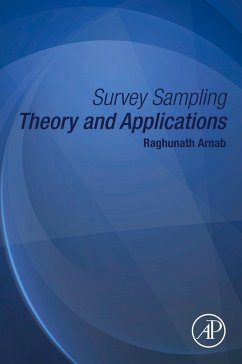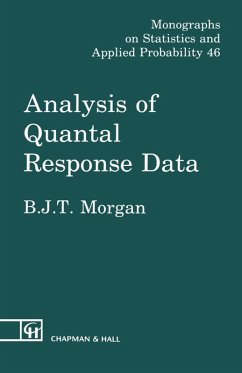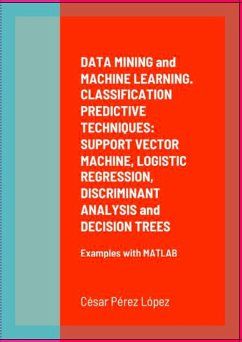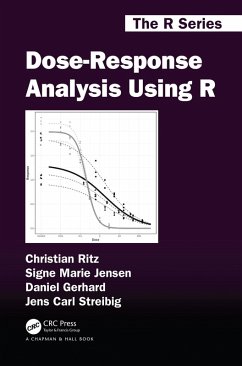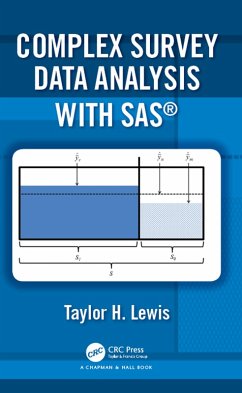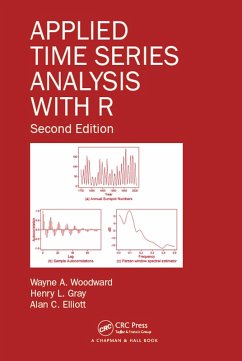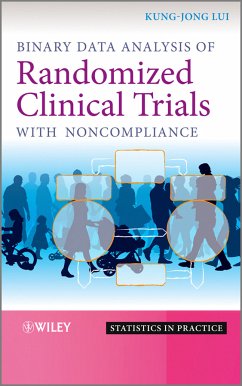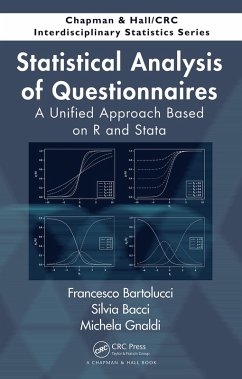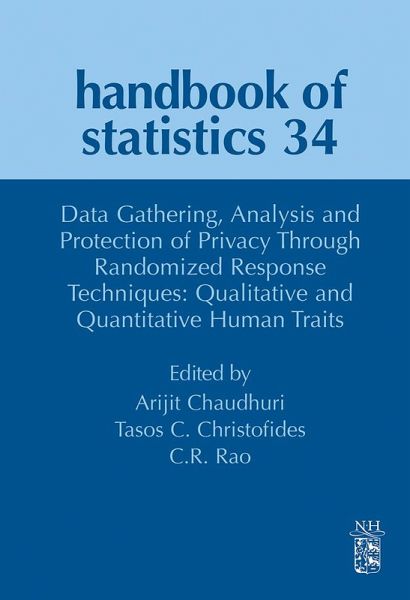
Data Gathering, Analysis and Protection of Privacy Through Randomized Response Techniques: Qualitative and Quantitative Human Traits (eBook, ePUB)
Versandkostenfrei!
Sofort per Download lieferbar
131,95 €
inkl. MwSt.
Weitere Ausgaben:

PAYBACK Punkte
66 °P sammeln!
Data Gathering, Analysis and Protection of Privacy through Randomized Response Techniques: Qualitative and Quantitative Human Traits tackles how to gather and analyze data relating to stigmatizing human traits. S.L. Warner invented RRT and published it in JASA, 1965. In the 50 years since, the subject has grown tremendously, with continued growth. This book comprehensively consolidates the literature to commemorate the inception of RR. - Brings together all relevant aspects of randomized response and indirect questioning - Tackles how to gather and analyze data relating to stigmatizing human t...
Data Gathering, Analysis and Protection of Privacy through Randomized Response Techniques: Qualitative and Quantitative Human Traits tackles how to gather and analyze data relating to stigmatizing human traits. S.L. Warner invented RRT and published it in JASA, 1965. In the 50 years since, the subject has grown tremendously, with continued growth. This book comprehensively consolidates the literature to commemorate the inception of RR. - Brings together all relevant aspects of randomized response and indirect questioning - Tackles how to gather and analyze data relating to stigmatizing human traits - Gives an encyclopedic coverage of the topic - Covers recent developments and extrapolates to future trends
Dieser Download kann aus rechtlichen Gründen nur mit Rechnungsadresse in A, B, BG, CY, CZ, D, DK, EW, E, FIN, F, GR, HR, H, IRL, I, LT, L, LR, M, NL, PL, P, R, S, SLO, SK ausgeliefert werden.




